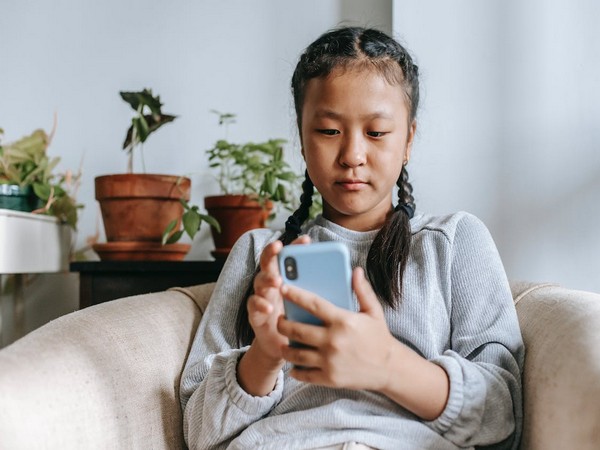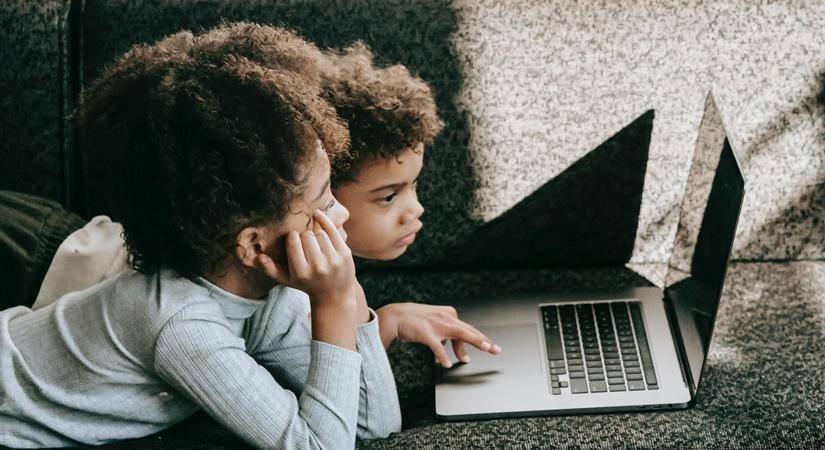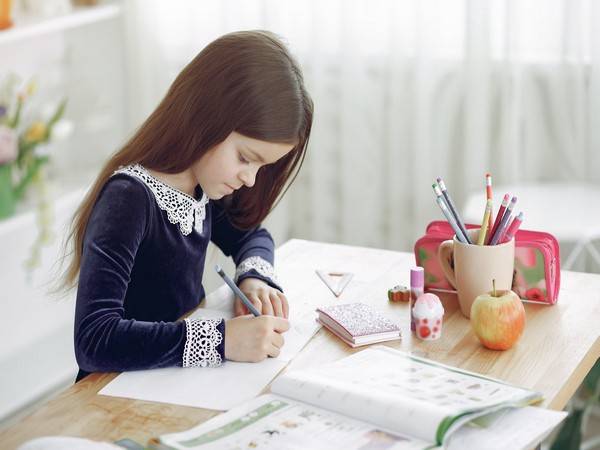The findings come amid persistent concerns over the adverse effects of smartphone use by children, particularly due to the recent Covid-19 lockdowns, which led to more screen time and less outdoor time for kids…reports Asian Lite News
Reducing the negative effects of screen time on little minds might be as simple as encouraging kids to play outside, suggests a study by Japanese researchers.
If you have young children, you’re likely worried about how much time they spend staring at a screen, be it a tablet, phone, computer, or television.
New study by researchers at Osaka University indicates that more screen time at age 2 is associated with poorer communication and daily living skills at age 4 — but when kids also play outdoors, some of the negative effects of screen time are reduced.
Specifically, almost one-fifth of the effects of screen time on daily living skills were mediated by outdoor play, meaning that increasing outdoor play time could reduce the negative effects of screen time on daily living skills by almost 20 per cent.
In the study, published in JAMA Pediatrics, the researchers also found that, although it was not linked to screen time, socialisation was better in 4-year-olds who had spent more time playing outside at 2 years 8 months of age.

“Taken together, our findings indicate that optimising screen time in young children is really important for appropriate neurodevelopment,” Tomoko Nishimura, from the varsity said.
The findings come amid persistent concerns over the adverse effects of smartphone use by children, particularly due to the recent Covid-19 lockdowns, which led to more screen time and less outdoor time for kids.
The World Health Organisation also recommends that 2-year-olds should not be exposed to sedentary screen time — which is defined as activities such as watching TV and playing computer games — for over one hour a day.
For the study, the team followed 885 children from 18 months to 4 years of age. They looked at the relationship between three key features: average amount of screen time per day at age 2, amount of outdoor play at age 2 years 8 months, and neurodevelopmental outcomes — specifically, communication, daily living skills, and socialisation scores — at age 4.

“Although both communication and daily living skills were worse in 4-year-old children who had had more screen time at age 2, outdoor play time had very different effects on these two neurodevelopmental outcomes,” explained lead author Kenji J. Tsuchiya, Professor at Osaka University.
“We were surprised to find that outdoor play didn’t really alter the negative effects of screen time on communication — but it did have an effect on daily living skills,” Tsuchiya added.




